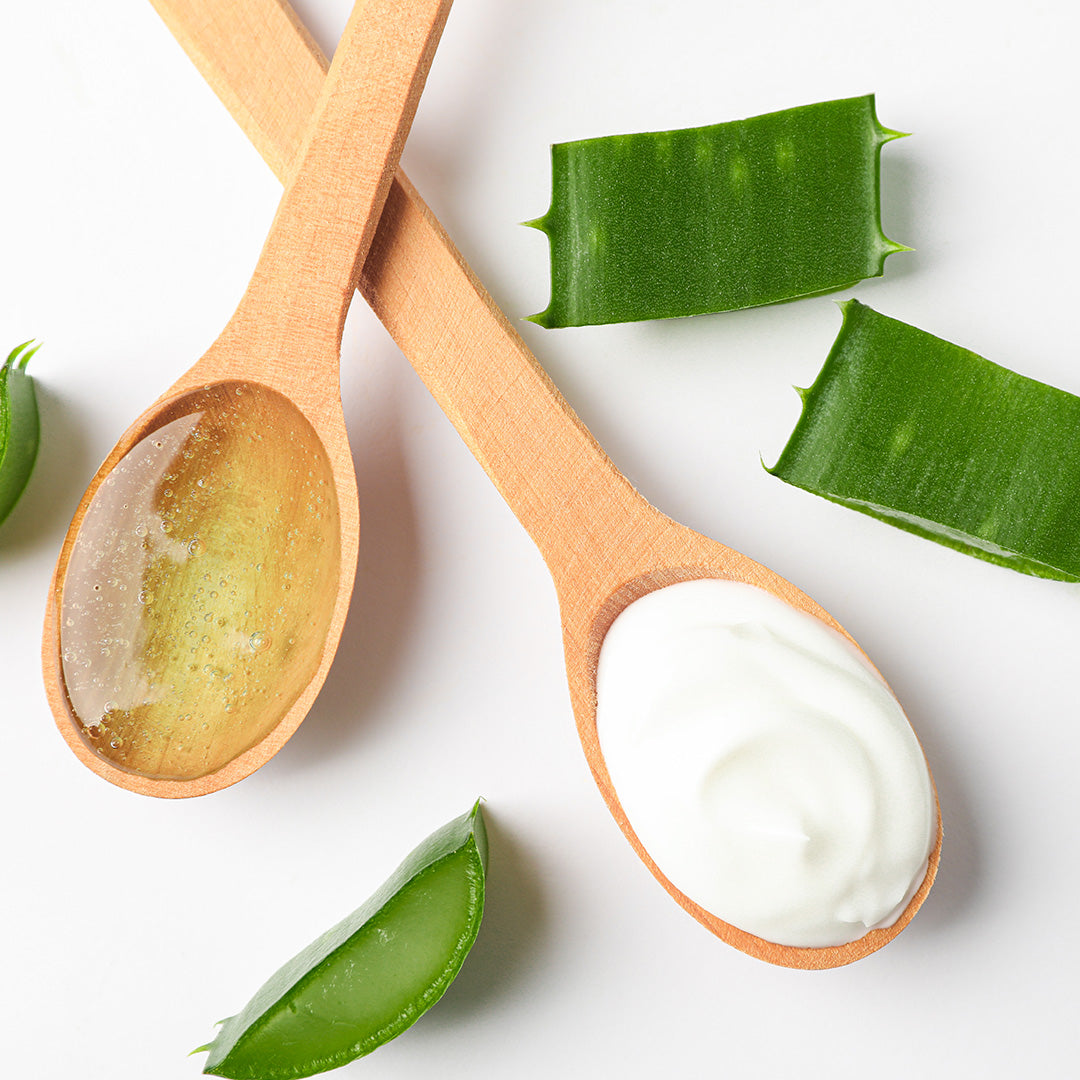Aloe vera has long been touted for its potential benefits for skin health. While many people swear by its effectiveness, what does the research say about this wonder plant?
Firstly, aloe vera is packed with nutrients that are beneficial for the skin. It contains vitamins A, C, and E, which are antioxidants that help to protect the skin from free radical damage. It also contains enzymes that can help to exfoliate dead skin cells, and polysaccharides that help to hydrate and soothe the skin.
One of the most well-known benefits of aloe vera for skin health is its ability to soothe sunburned skin. Aloe vera has properties that can help to reduce redness and inflammation caused by sunburn. Some studies have even shown that aloe vera can help to speed up the healing process of sunburned skin.
In addition to sunburn, aloe vera has also been studied for its potential benefits for other skin conditions, such as acne and eczema. Some studies have shown that aloe vera can help to reduce acne and improve the appearance of acne scars. It may also help to soothe the itching and inflammation associated with eczema.
Aloe vera has also been studied for its potential anti-aging effects on the skin. One study found that aloe vera gel can help to improve the elasticity of the skin and reduce the appearance of fine lines and wrinkles. Another study found that aloe vera can help to improve the production of collagen, which is essential for maintaining youthful-looking skin.
While more research is needed to fully understand the potential benefits of aloe vera for skin health, the existing studies suggest that it may be a valuable addition to any skincare routine. To incorporate aloe vera into your skincare routine, look for products that contain high-quality aloe vera gel or extract, or try using fresh aloe vera gel directly from the plant. As with any skincare product, be sure to do a patch test first to ensure that you don't have an allergic reaction.
